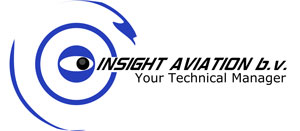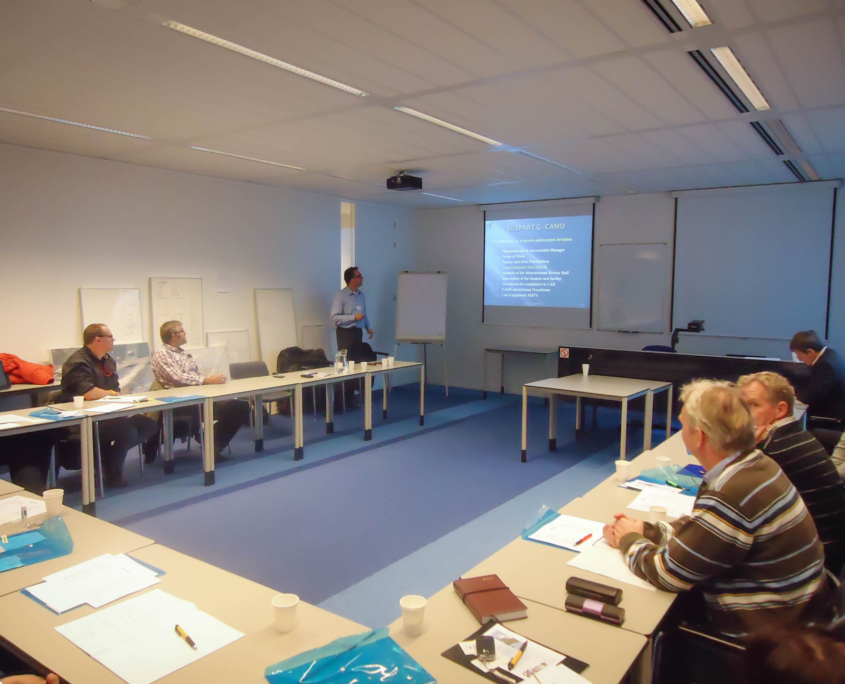Why MSG-3 Matters
The MSG-3 methodology forms the foundation of modern aircraft maintenance programs. Developed before an aircraft even enters service—when in-service data is still unavailable—MSG-3 relies on the expertise of experienced professionals from authorities, airlines, maintenance organizations, and manufacturers.
Through detailed analysis, Working Groups propose scheduled maintenance tasks, which are reviewed and approved by the Industrial Steering Committee (ISC) and the Maintenance Review Board (MRB). The outcome defines the minimum initial maintenance requirements, published in the MRB Report and approved by EASA.
MSG-3 results in a wide range of essential maintenance tasks, including:
- Lubrication
- Visual inspections
- Operational and functional checks
- Restorations
- Discards (removal of life-limited parts)
What You Will Learn
This two-day training offers participants a comprehensive introduction to the MSG-3 analysis methodology and its practical application in the development of aircraft maintenance programs (AMP).
The course covers all three major areas of analysis:
- Systems & Powerplant
- Structures
- Zonal
- Aircraft Health Monitoring
By the end of the training, participants will:
- Understand how MSG-3 shapes initial and optimized maintenance programs.
- Recognize the roles of the ISC, MRB, and Working Groups in the process.
- Gain practical knowledge to support the creation, assessment, or auditing of maintenance documentation
For who?
Maintenance Planners, engineers, auditors, Airworthiness Review Staff, inspectors of the aviation authorities, aircraft owners and anybody interested in the MSG-3 methodology.

